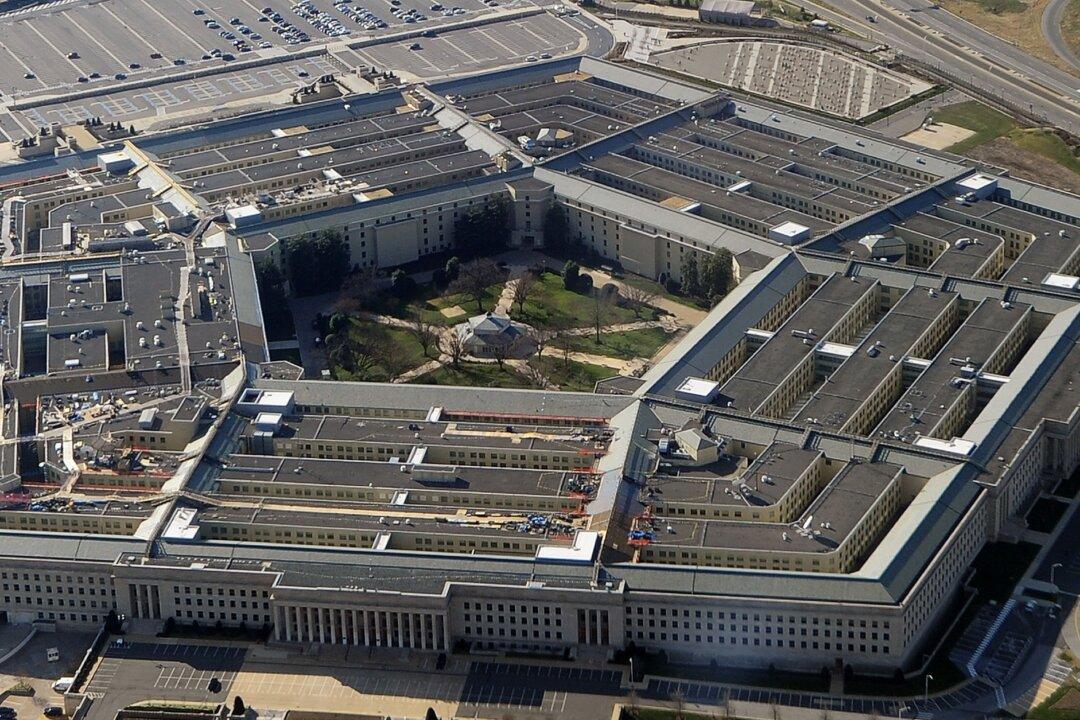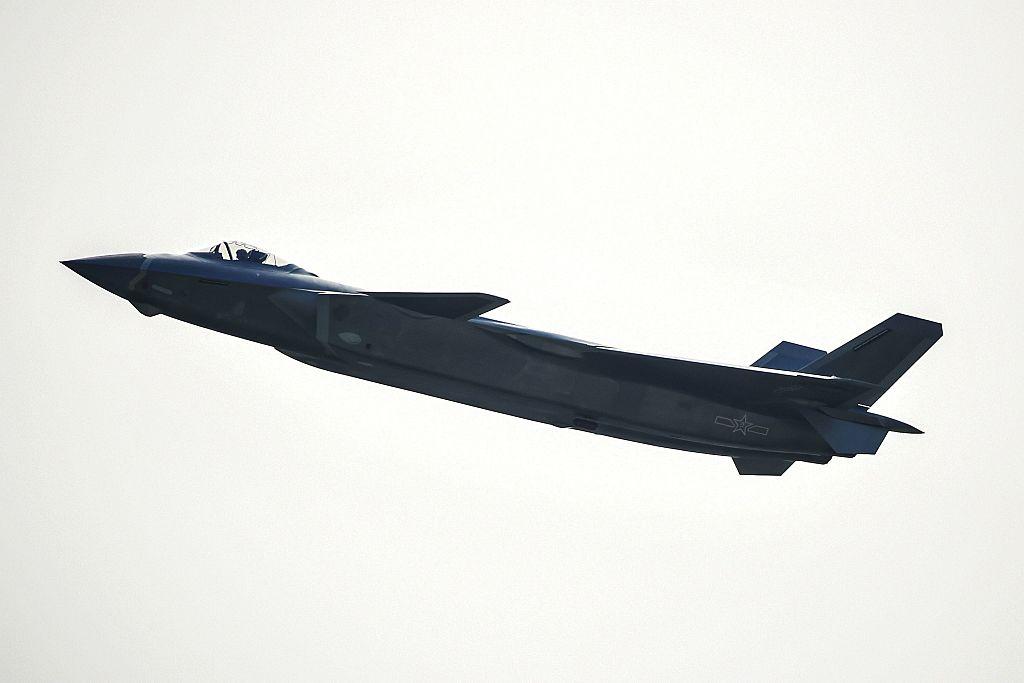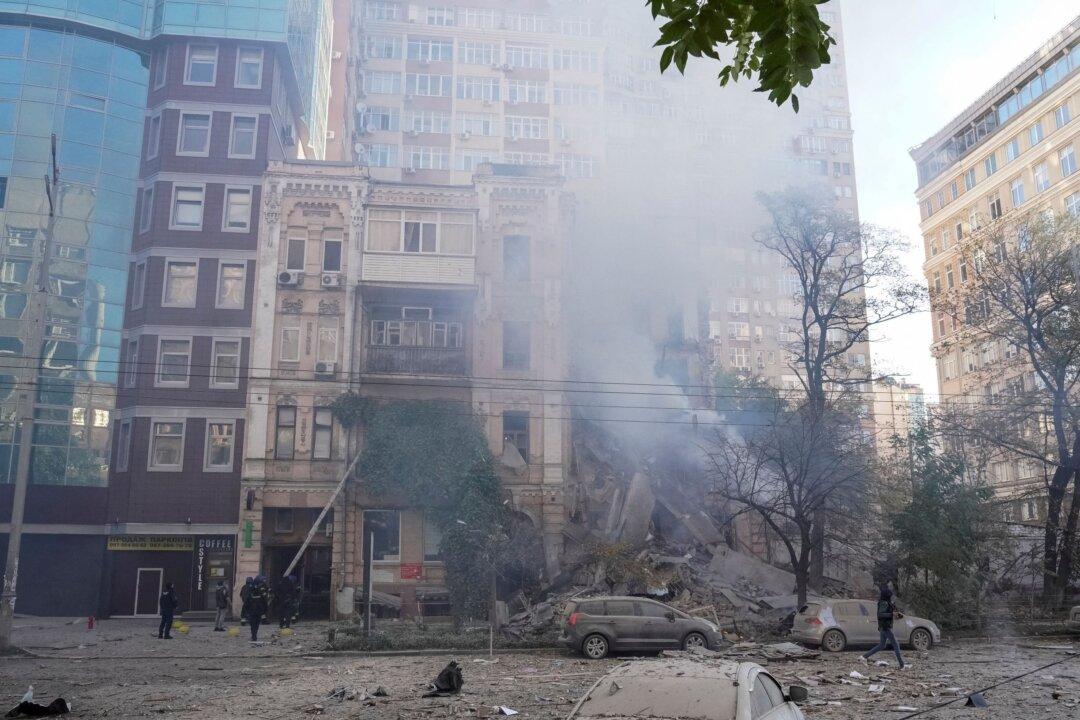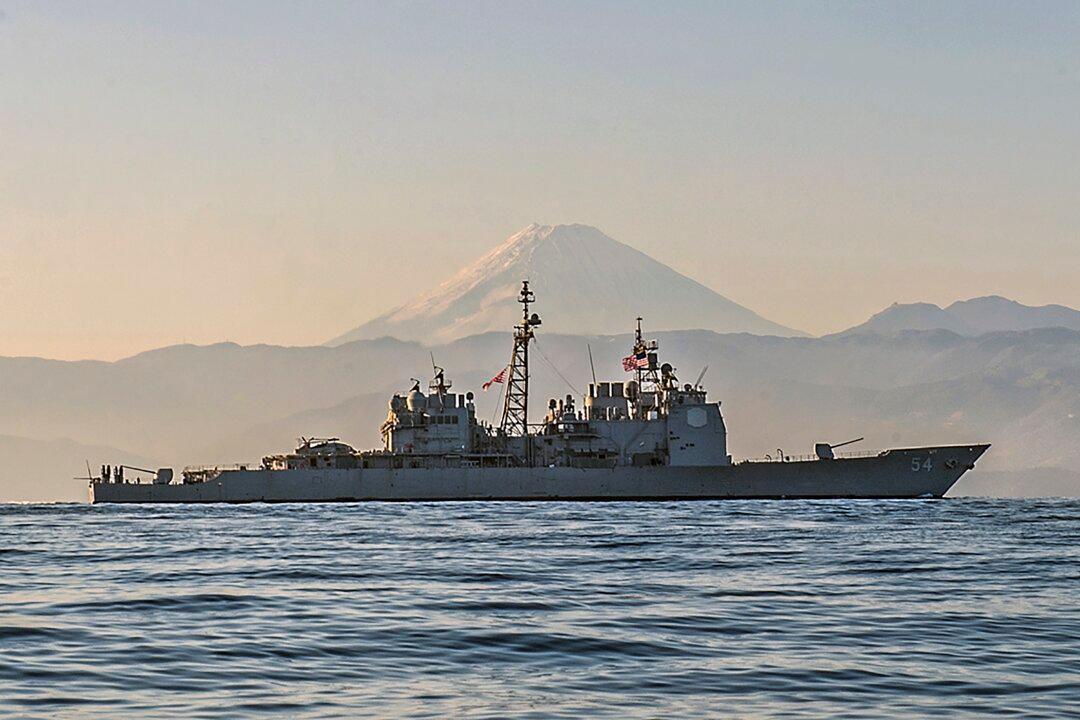Commentary
It’s strange to say it, but the Pentagon seems to have morphed into a threat to national security, if the stories that individuals in the Defense Department leaked information about a super-secret meeting involving the president and his top advisers, is true.





